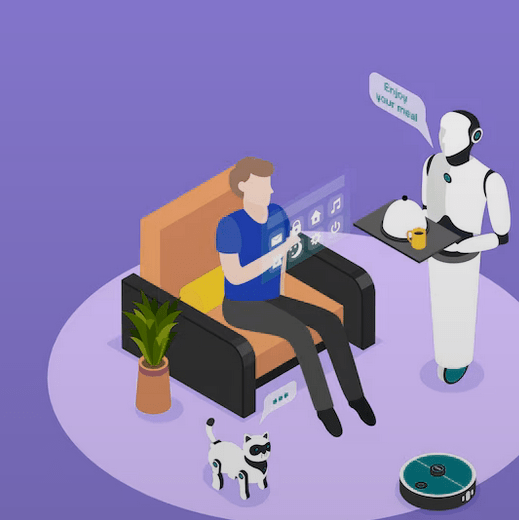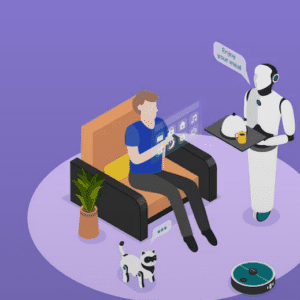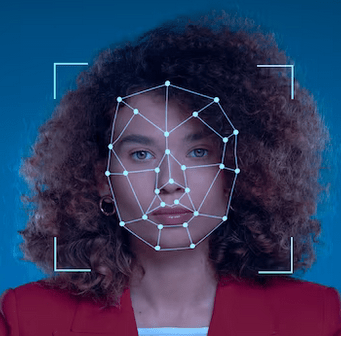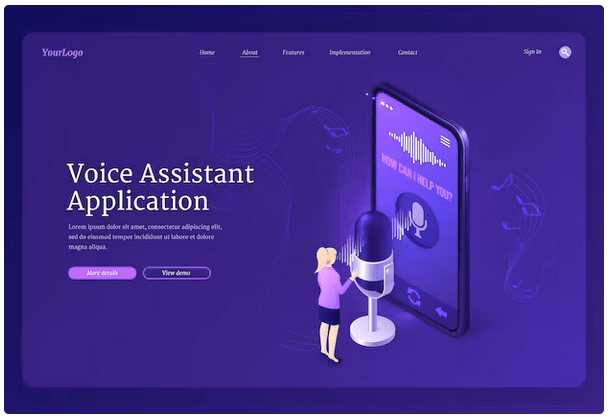
Chatbots in the Entertainment Industry: Improving User Engagement

In the fast-paced digital age, the entertainment industry is continuously evolving to captivate and engage audiences. One of the most promising innovations contributing to this transformation is chatbots. Chatbots are revolutionizing the way entertainment is delivered, offering personalized experiences, improved customer service, and enhanced user engagement. In this blog post, we’ll explore the latest trends, key insights, and practical tips related to chatbots in the entertainment industry.
Chatbots in The Entertainment Industry: A Digital Evolution
The entertainment industry is no longer confined to traditional media. Streaming platforms, gaming, and online content have become the norm. To stay competitive, companies are turning to AI-powered chatbots to interact with users and enhance their experiences.
1. Enhancing User Engagement
Chatbots provide a unique channel for interacting with users. They can recommend personalized content, answer queries, and even engage in casual conversations, creating a stronger bond between users and entertainment platforms.
2. Improving Customer Service
From ticket booking to troubleshooting issues, chatbots streamline customer service. Users can get instant assistance, leading to higher satisfaction rates and efficient issue resolution.
3. Data-Driven Insights
Chatbots are powerful data collectors. They can analyze user interactions, preferences, and behaviors, providing valuable insights for content curation and marketing strategies.
Trends in Chatbots for Entertainment
1. Content Recommendations
Chatbots are becoming adept at understanding user preferences and recommending content, be it movies, music, or games.
2. Interactive Storytelling
AI-powered chatbots are taking storytelling to the next level by allowing users to influence plotlines and character decisions in interactive narratives.
3. Virtual Assistants
Virtual assistants within chatbots can manage schedules, book tickets, and keep users informed about upcoming events.
Practical Tips for Implementing Chatbots
1. Define Clear Objectives
Before implementing a chatbot, define its objectives. Is it for customer support, content recommendations, or something else? Clear goals are essential for success.
2. Train for Natural Language Understanding
Ensure your chatbot can understand and respond to natural language. NLP training is crucial for effective user interactions.
3. Regular Updates
Keep chatbots up-to-date with the latest content, trends, and user feedback. Regular updates ensure that they remain relevant and valuable.
Real-World Examples
1. Netflix: Personalized Content
Netflix uses chatbots to recommend content based on viewing history and user preferences, enhancing the user experience.
2. Disney: Virtual Disney Assistant
Disney’s chatbot assists visitors with park navigation, ride information, and character meet-and-greets, providing a seamless experience.
3. Spotify: Music Discovery
Spotify’s chatbot helps users discover new music, playlists, and artists by understanding their musical tastes.
The Future of Entertainment Chatbots
As chatbot technology advances, we can expect even more immersive and personalized entertainment experiences. Chatbots will continue to transform user engagement, making the entertainment industry more interactive and enjoyable.
In conclusion, chatbots are the future of the entertainment industry, offering a myriad of benefits from enhancing user engagement to providing excellent customer service. By staying up-to-date with the latest trends and adopting best practices, entertainment companies can leverage chatbots to create exceptional experiences for their audiences.
Conclusion
This blog post provides a comprehensive overview of the impact of chatbots in the entertainment industry, highlighting their role in transforming user engagement and improving customer service. It also explores trends, practical tips for implementation, and real-world examples, shedding light on the promising future of chatbots in entertainment.
Frequently Asked Questions
1. What are chatbots, and how do they work in the entertainment industry?
- This question aims to provide a basic understanding of chatbots and their role in the entertainment sector.
2. How do chatbots enhance user engagement in the entertainment industry?
- Exploring how chatbots create more interactive and engaging experiences for users.
3. What practical benefits do chatbots bring to entertainment companies?
- This question delves into the tangible advantages, such as improved customer service and data-driven insights.
4. Can chatbots really understand natural language and user preferences?
- Addressing the technology behind chatbots and their ability to understand and respond to natural language.
5. What are the latest trends in chatbots for entertainment?
- Discussing the cutting-edge trends, such as interactive storytelling and virtual assistants, that are shaping the entertainment industry.
6. How can entertainment companies effectively implement chatbots?
- Providing insights into the steps and best practices for integrating chatbots into entertainment platforms.
7. What are some real-world examples of successful chatbot implementations in entertainment?
- Highlighting cases like Netflix, Disney, and Spotify to illustrate the practical applications of chatbots.
8. How do chatbots impact user data and privacy in the entertainment industry?
- Addressing the concerns related to data collection and privacy in chatbot interactions.
9. What can users expect from chatbots in the future of entertainment?
- Looking ahead to the evolving role of chatbots and how they’ll continue to enhance user experiences.
10. How can entertainment companies stay competitive by adopting chatbot technology?
- Exploring the competitive advantages of embracing chatbots in the rapidly evolving entertainment landscape.



